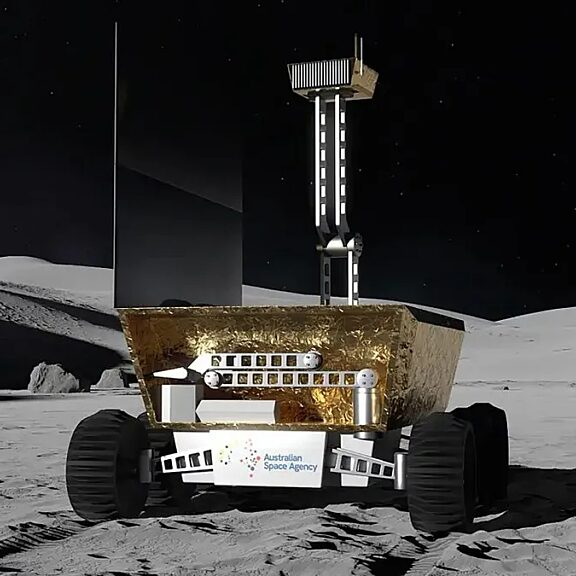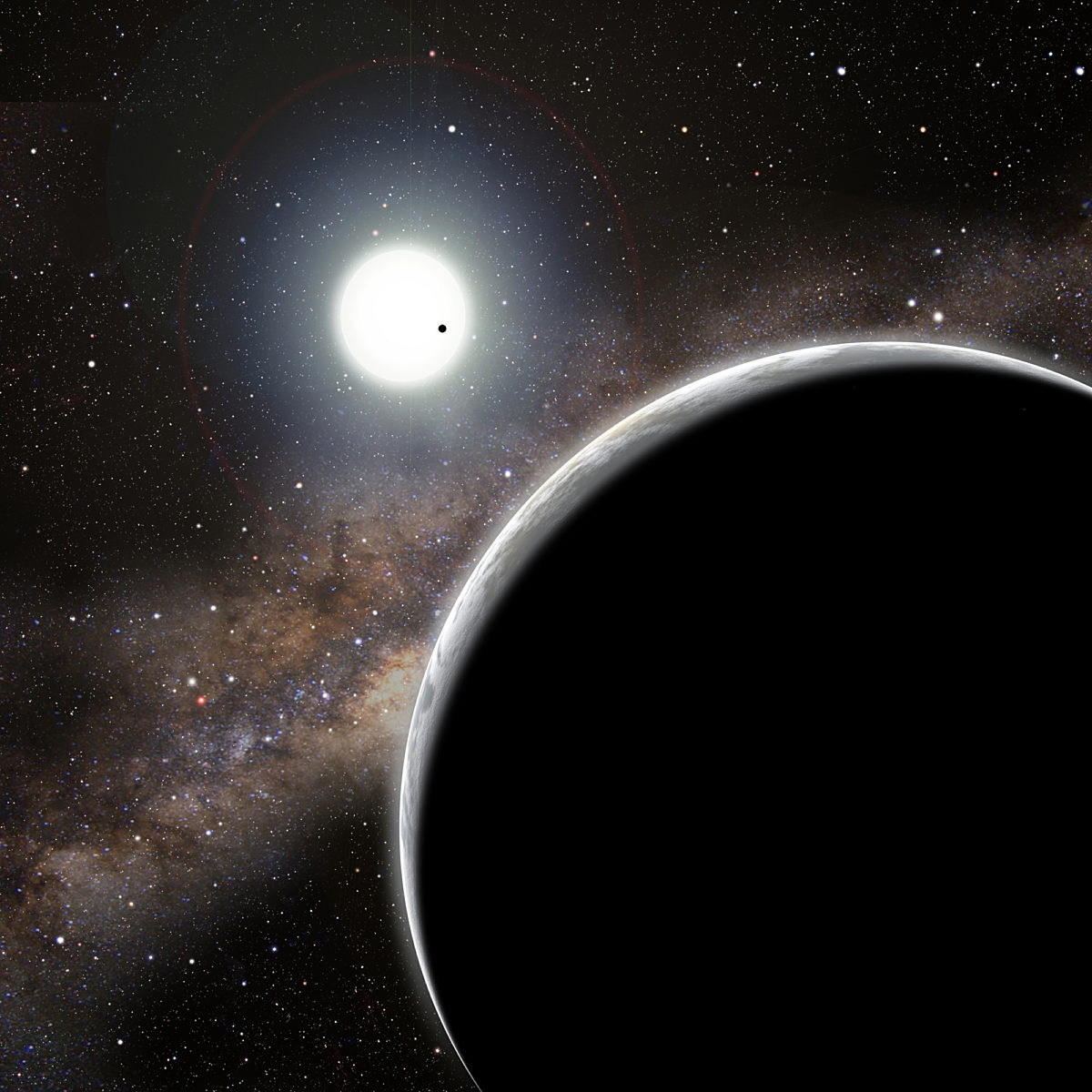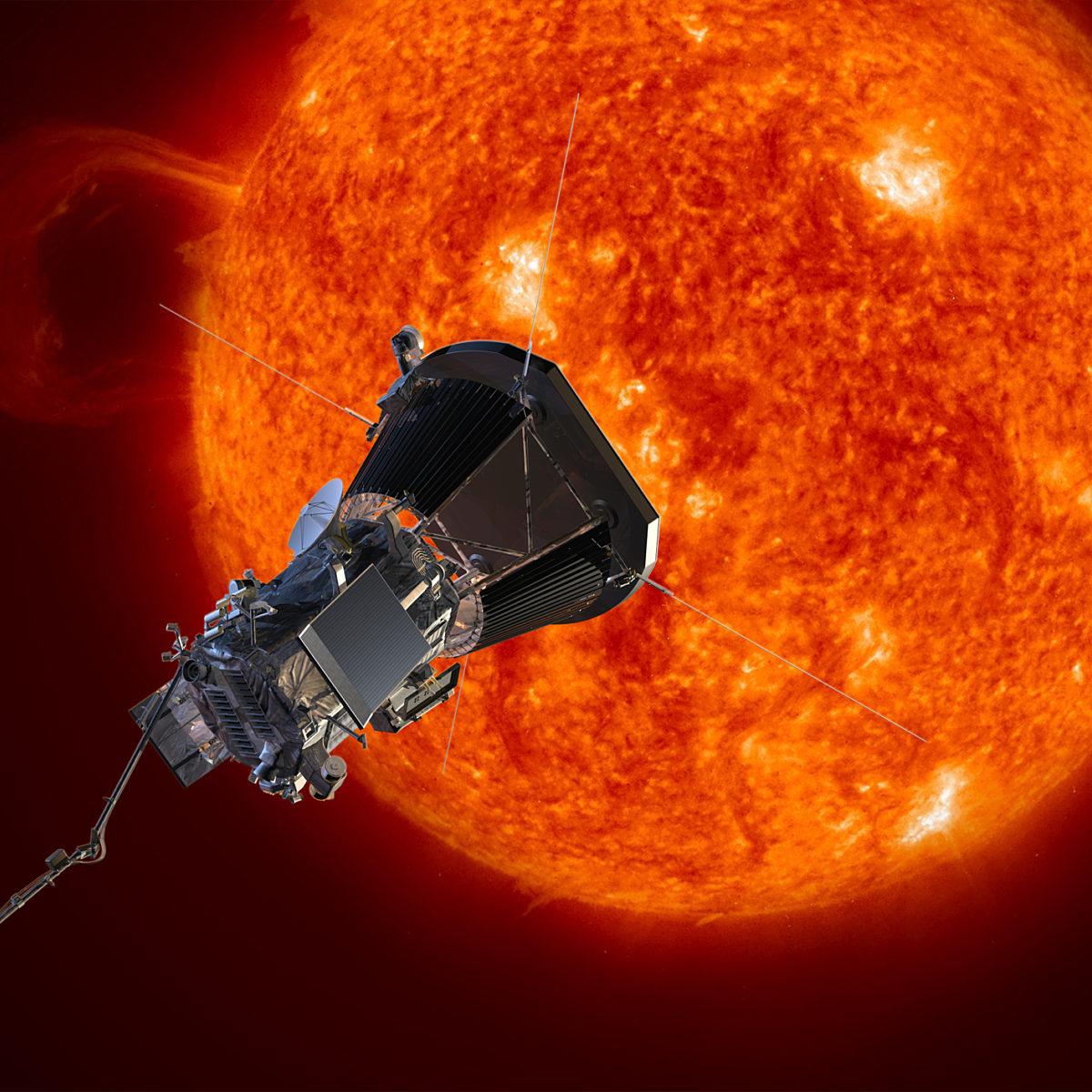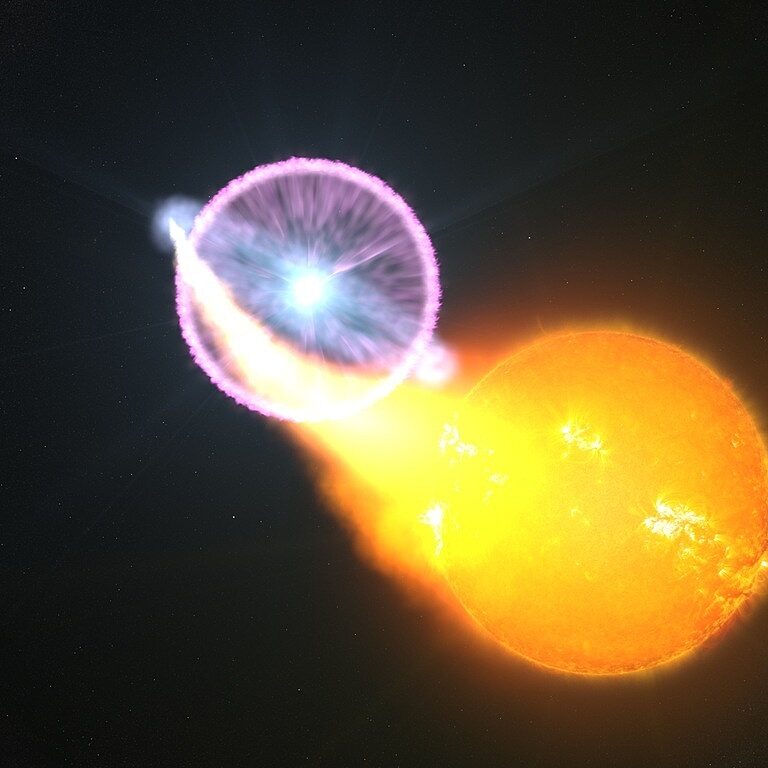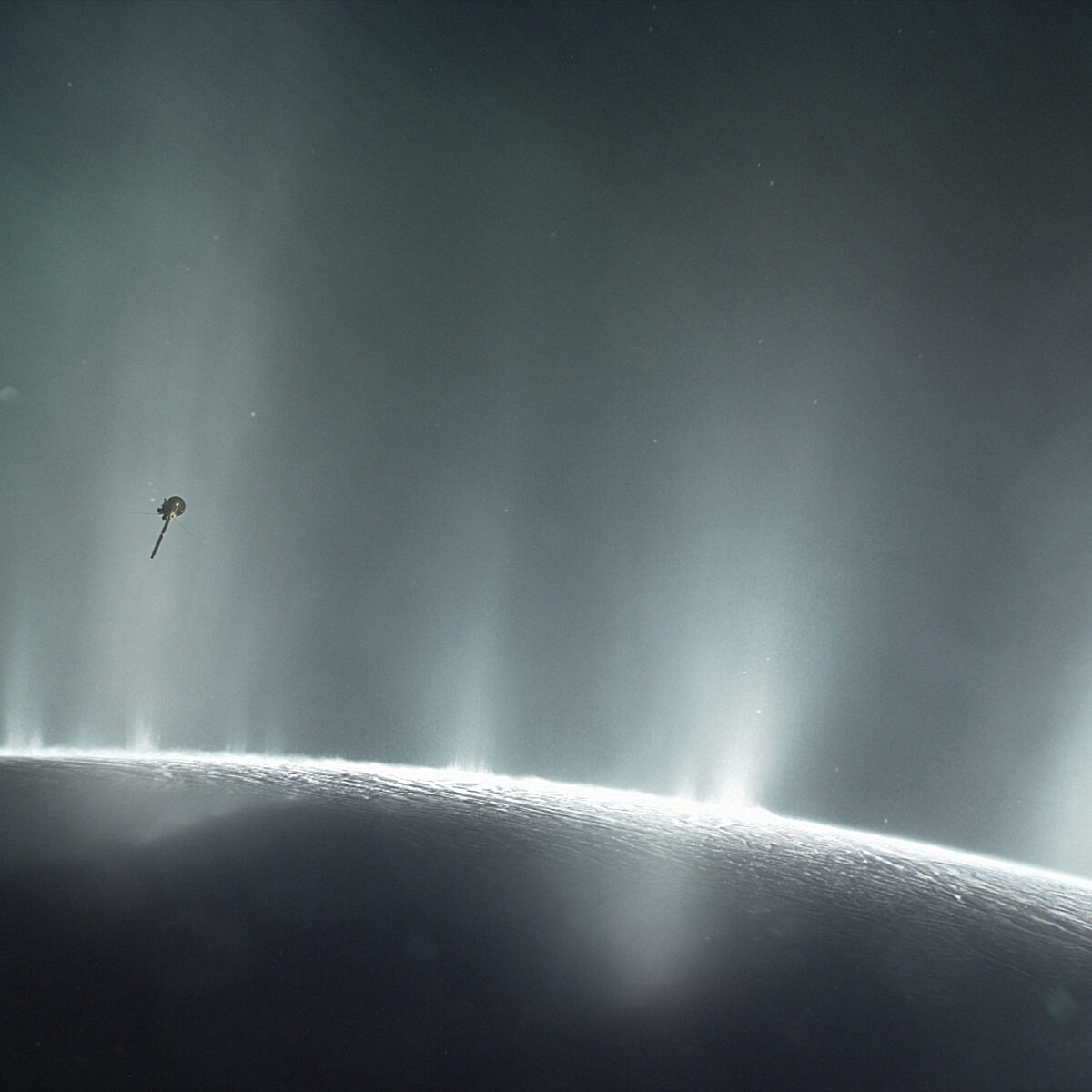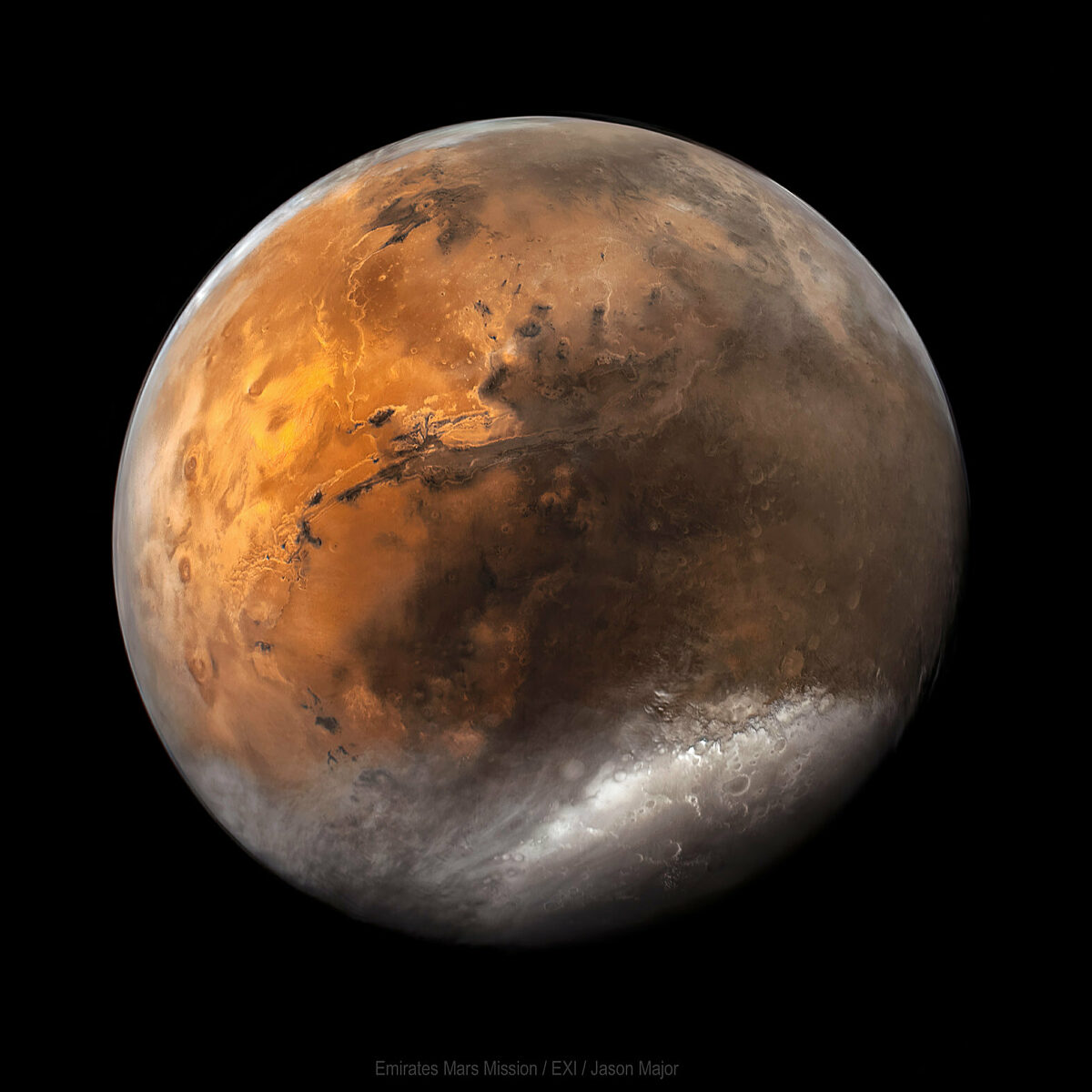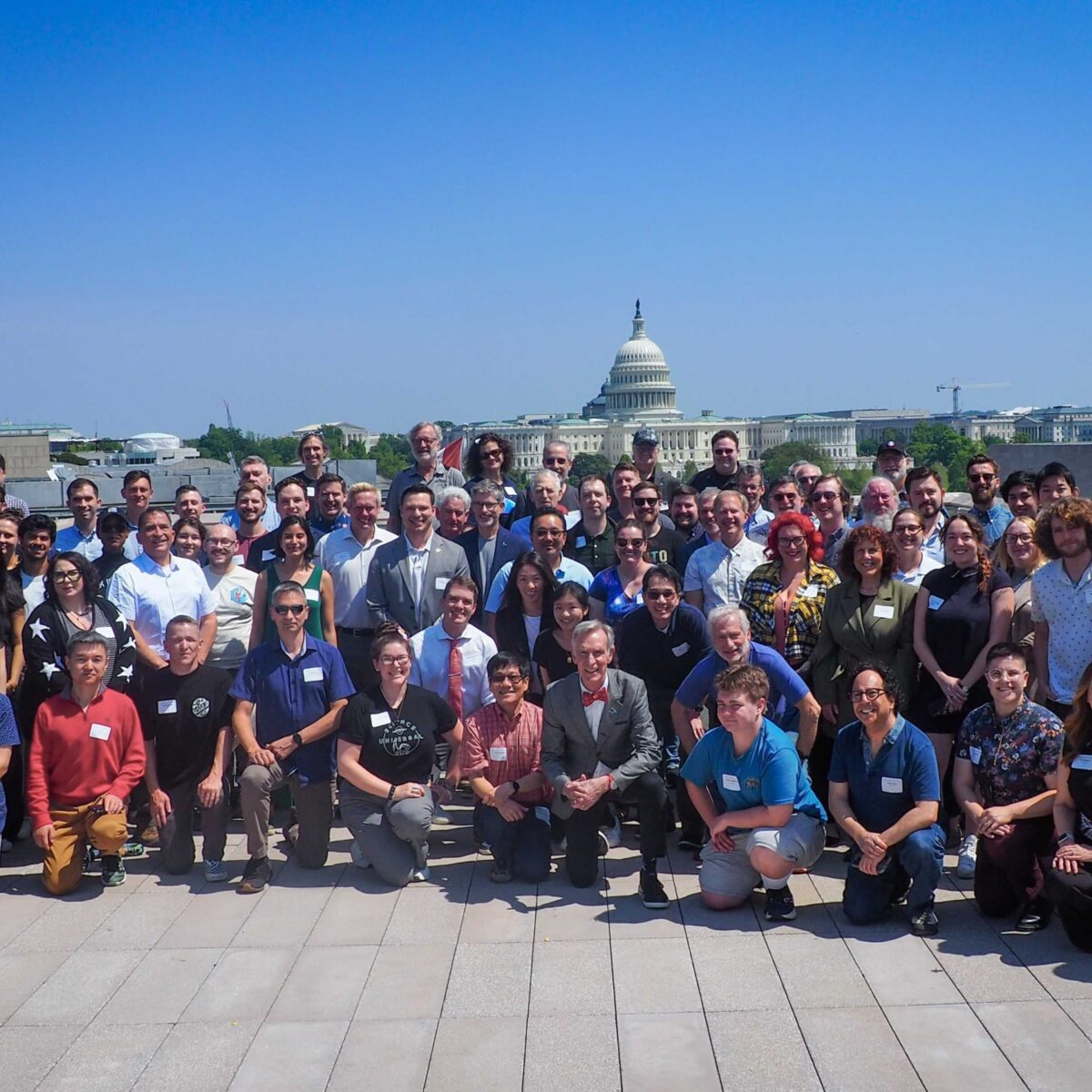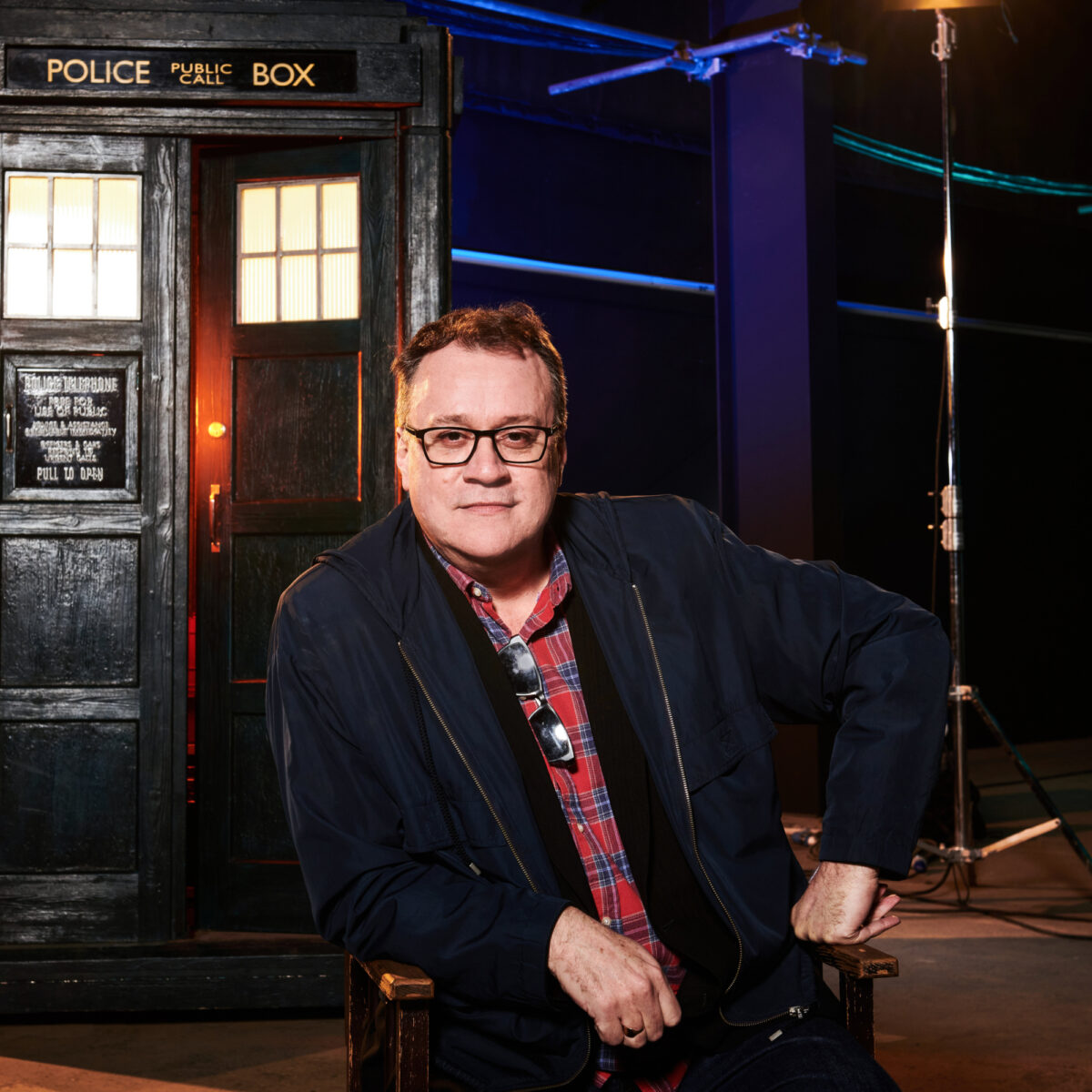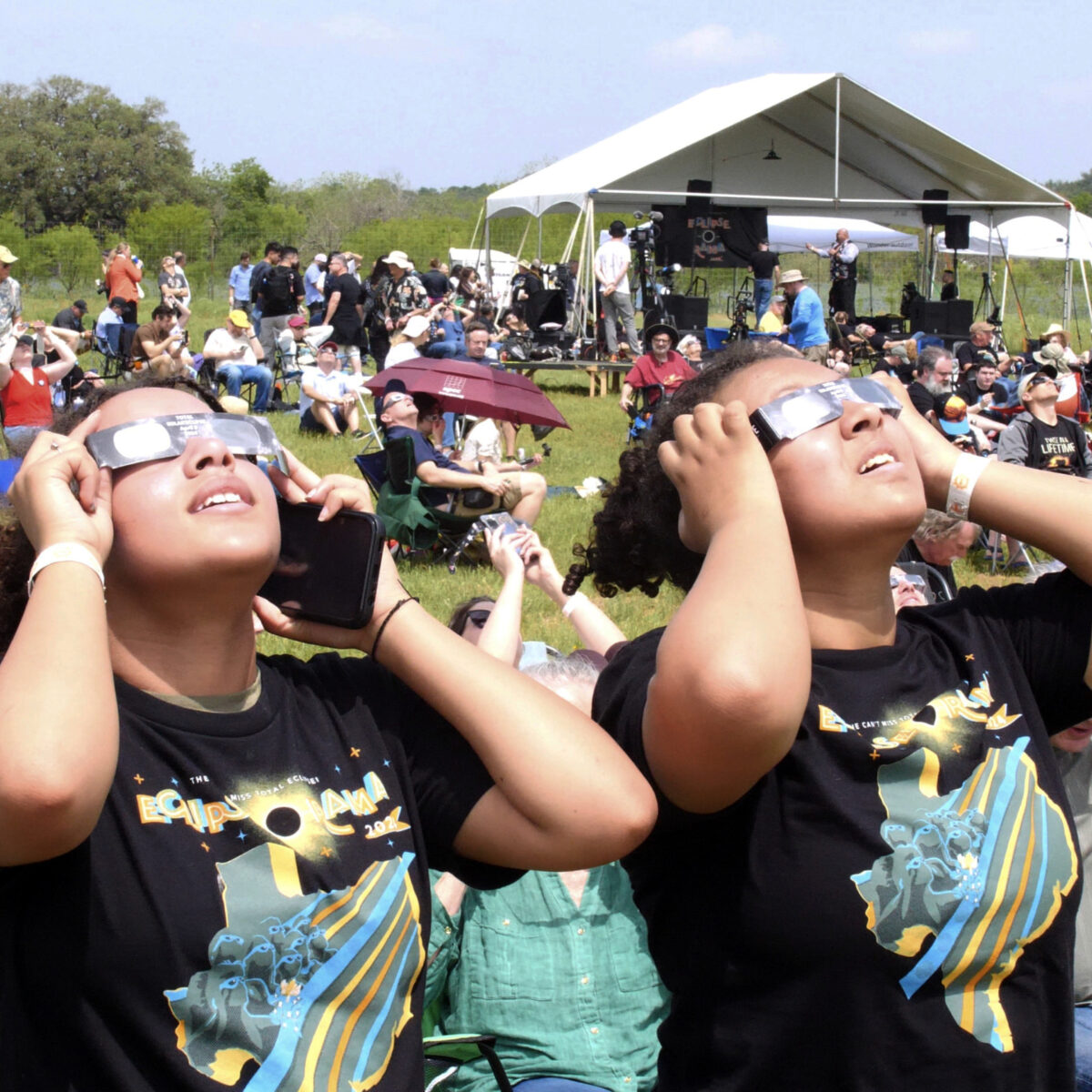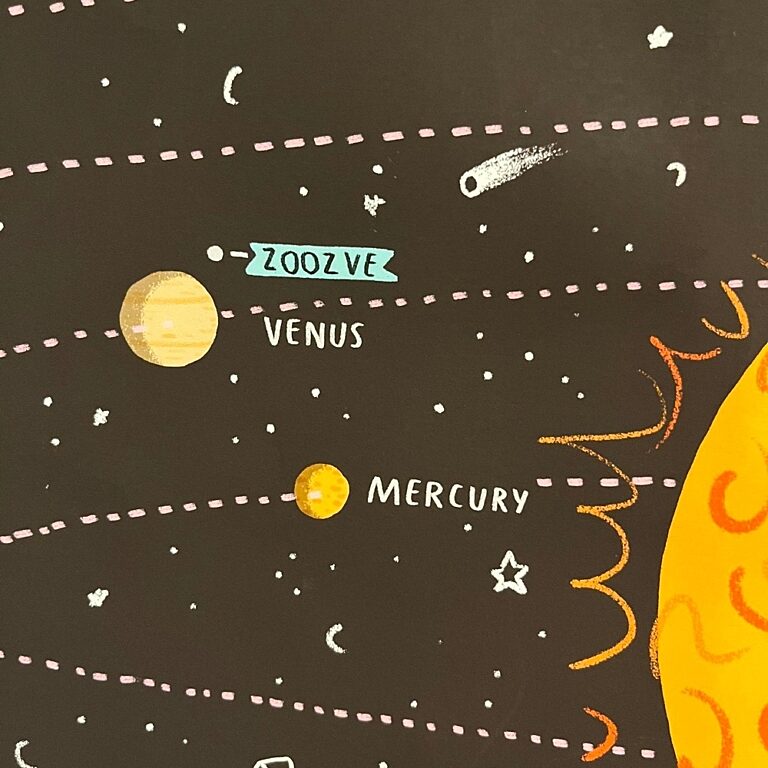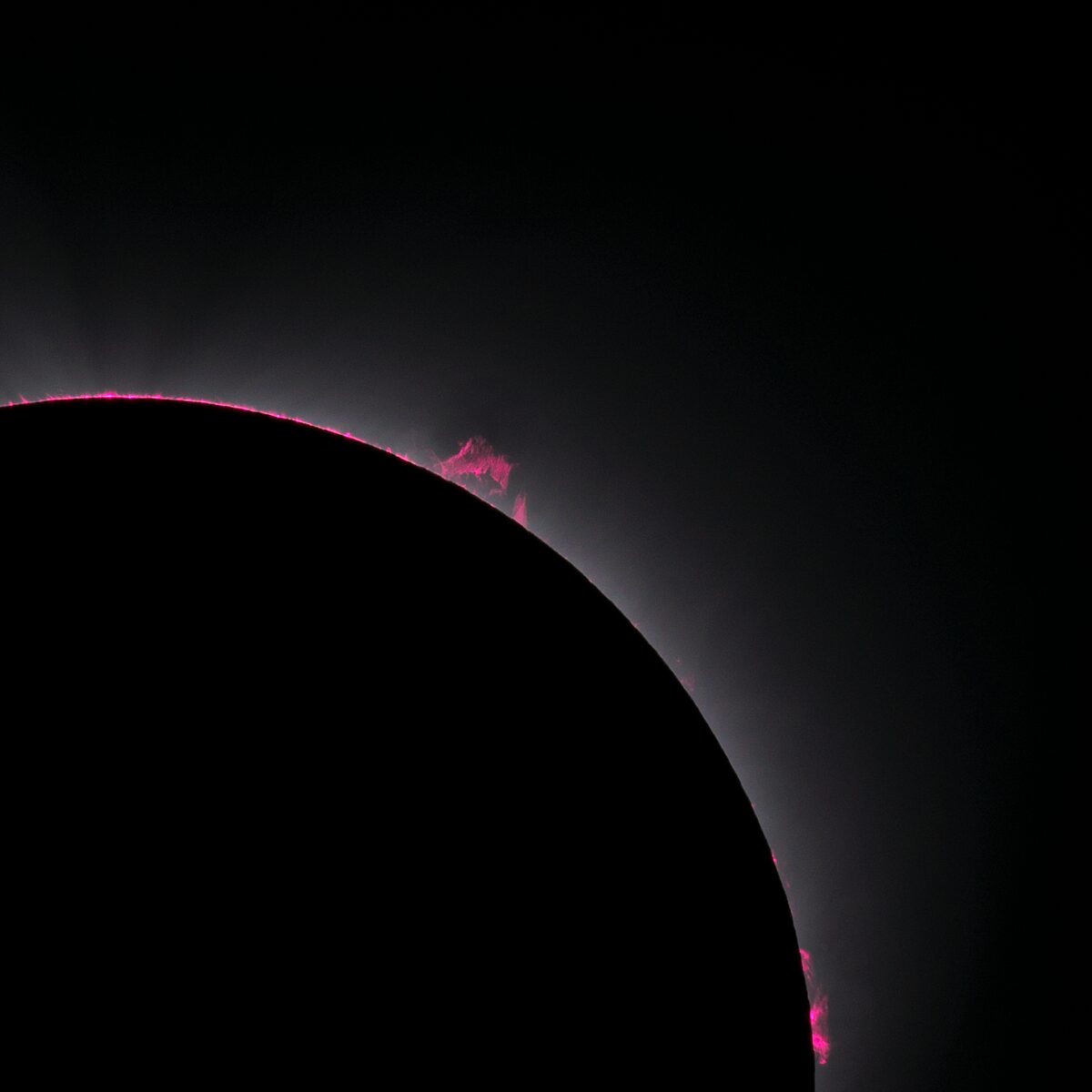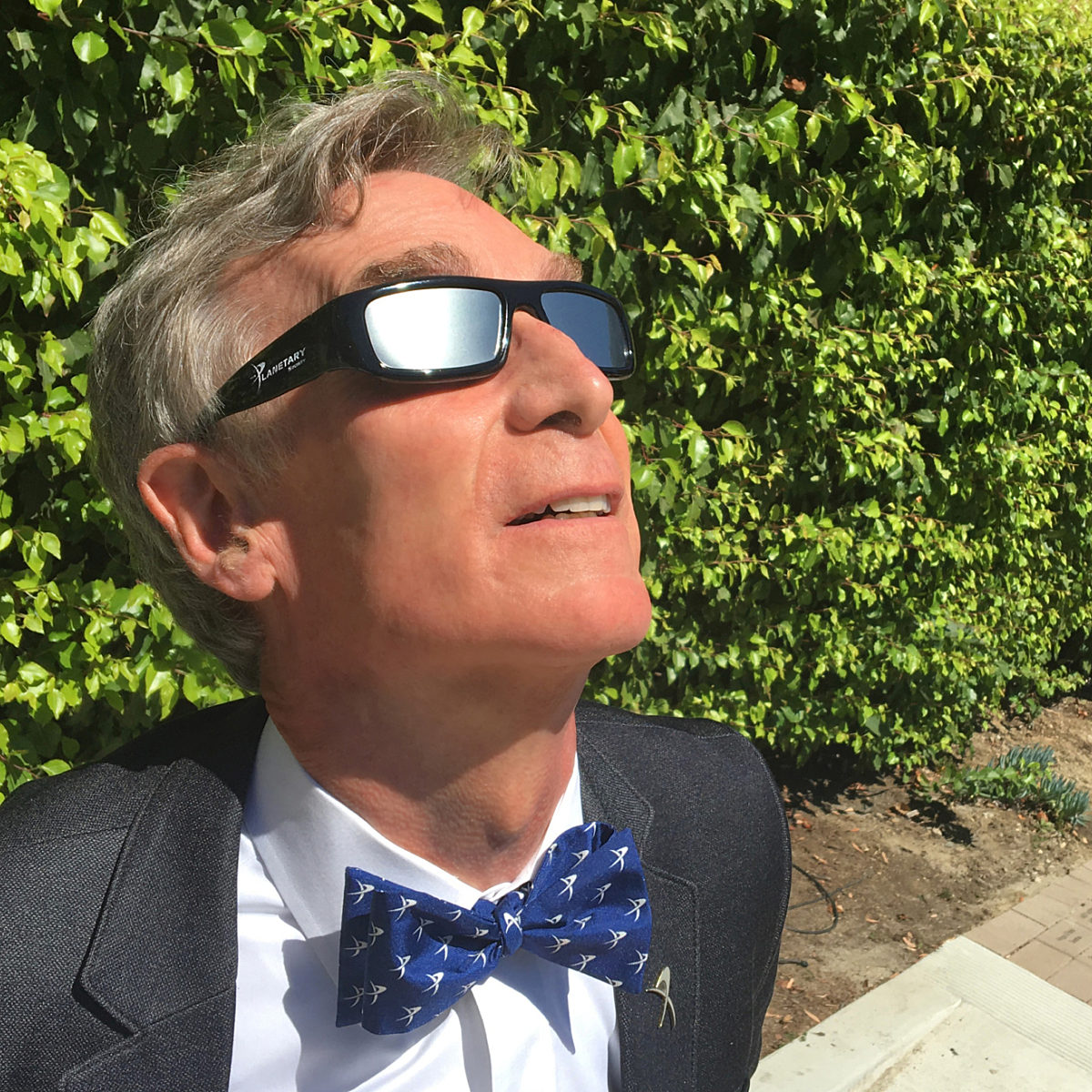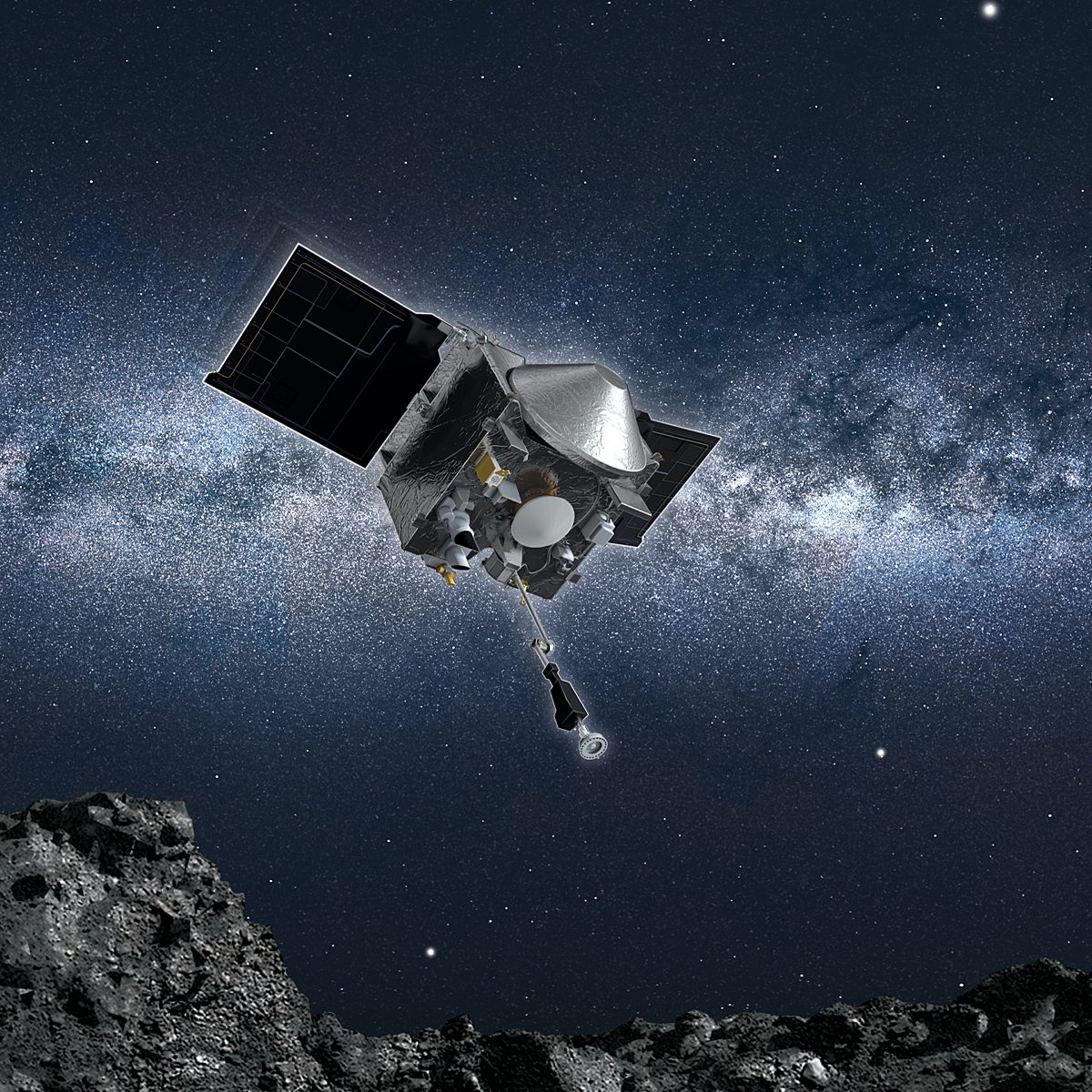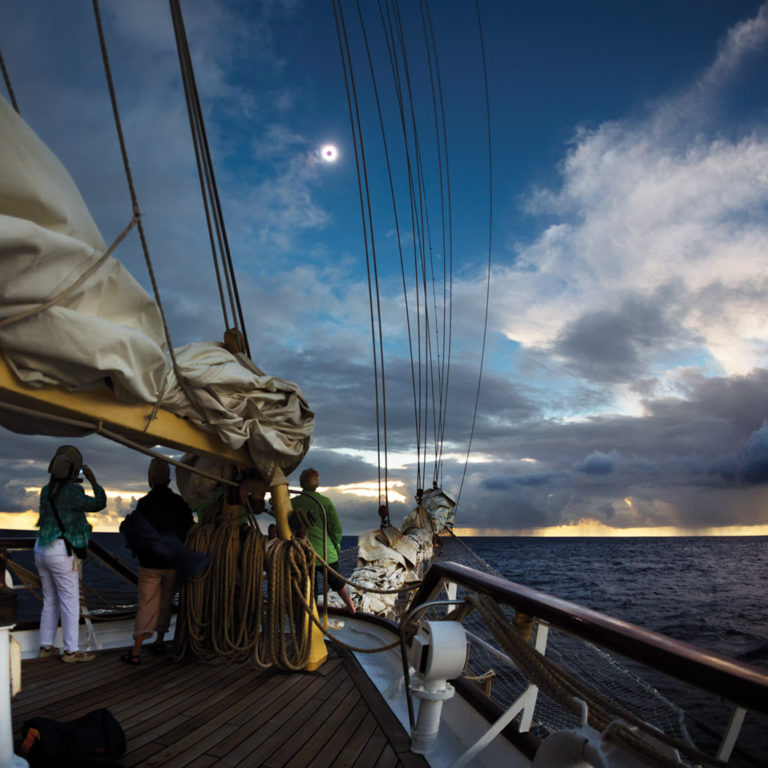Since 2002, Planetary Radio has visited with a scientist, engineer, project manager, advocate, or writer who provides a unique perspective on the quest for knowledge about our Solar System and beyond. The full show archive is available for free.
Search Planetary Radio
Darby Dyar, the deputy principal investigator for NASA’s VERITAS mission to Venus, returns triumphantly to Planetary Radio to share the story of how space advocates helped save this mission.
We celebrate the second anniversary of the James Webb Space Telescope's (JWST) science operations with Christine Chen, associate astronomer at the Space Telescope Science Institute.
Newton Campbell Jr., the director of the Australian Remote Operations for Space and Earth (AROSE) Consortium, discusses his career journey, AI in space, and Australia's first lunar rover, the Roo-ver.
We dive into the stunning variety of exoplanets beyond our Solar System with Jessie Christiansen, the project scientist for the NASA Exoplanet Archive.
We observe Asteroid Day with an update on NASA’s Double Asteroid Redirection Test (DART) mission with the Asteroid Foundation’s Markus Payer and JHUAPL’s Terik Daly.
We explore recent solar activity and discoveries from NASA's Parker Solar Probe with Nour Rawafi, the mission's project scientist.
RadioLab's Latif Nasser returns to Planetary Radio with a new public naming contest for a quasi-moon of Earth.
We discuss the delightfully unpredictable nature of space discoveries with Chris Lintott, author of the upcoming book Accidental Astronomy.
We share a conversation from the Humans to Mars Summit about integrating NASA and its partners as humanity looks to build a permanent and sustainable human presence on Mars.
Kelly Biderman, the CEO of Havoc Robotics, joins Planetary Radio to share how the National Havoc Robot League helps to prepare the next generation of space engineers. Then we hear from Florence Pouya, the former captain of the Afghan Girls Robotics Team.
This week on Planetary Radio, we'll share what happened during this year's Day of Action and why it matters.
We explore how Doctor Who has influenced the scientific community with Russell T. Davies, the past and present showrunner of the iconic science fiction TV series.
Bob Pappalardo, Europa Clipper's project scientist, visits The Planetary Society headquarters in Pasadena, CA, to share the story of the mission's vault plate, humanity's next collection of messages to another world.
This week on Planetary Radio we take a trip to The Planetary Society’s Eclipse-O-Rama festival in Fredericksburg, Texas, where hundreds gathered to witness the April 8 total solar eclipse.
We explore NASA's first tabletop role-playing game with senior multimedia specialist Christina Mitchell and a new way to find water worlds with Amaury Triaud from the University of Birmingham.
This week on Planetary Radio, Latif Nasser, co-host of Radiolab shares the story behind the naming of Zoozve, a quasi-moon of Venus.
Planetary Radio marks its last show before the Apr. 8 total solar eclipse with a look back at discoveries made during totality.
Ron Benner, the President of the American Optometric Association, and astrophotographer Andrew McCarthy give helpful tips for safely observing the upcoming total solar eclipse in North America.
Dante Lauretta, the principal investigator for NASA's OSIRIS-REx mission, joins Planetary Radio to share stories from his new book, The Asteroid Hunter.
Jim Bell, a professor from the School of Earth and Space Exploration at Arizona State University and former president of The Planetary Society's Board of Directors, shares captivating tales from his global eclipse-chasing journeys.


 Explore Worlds
Explore Worlds Find Life
Find Life Defend Earth
Defend Earth




